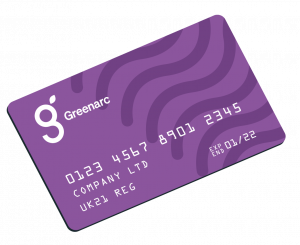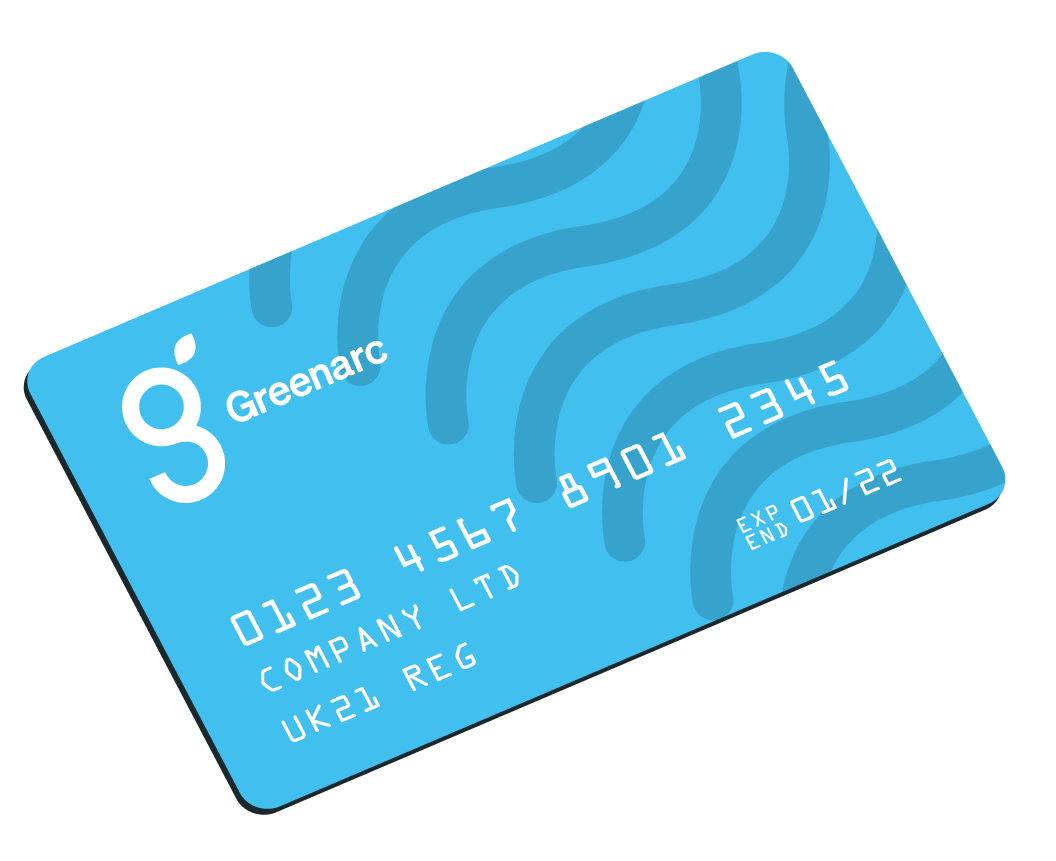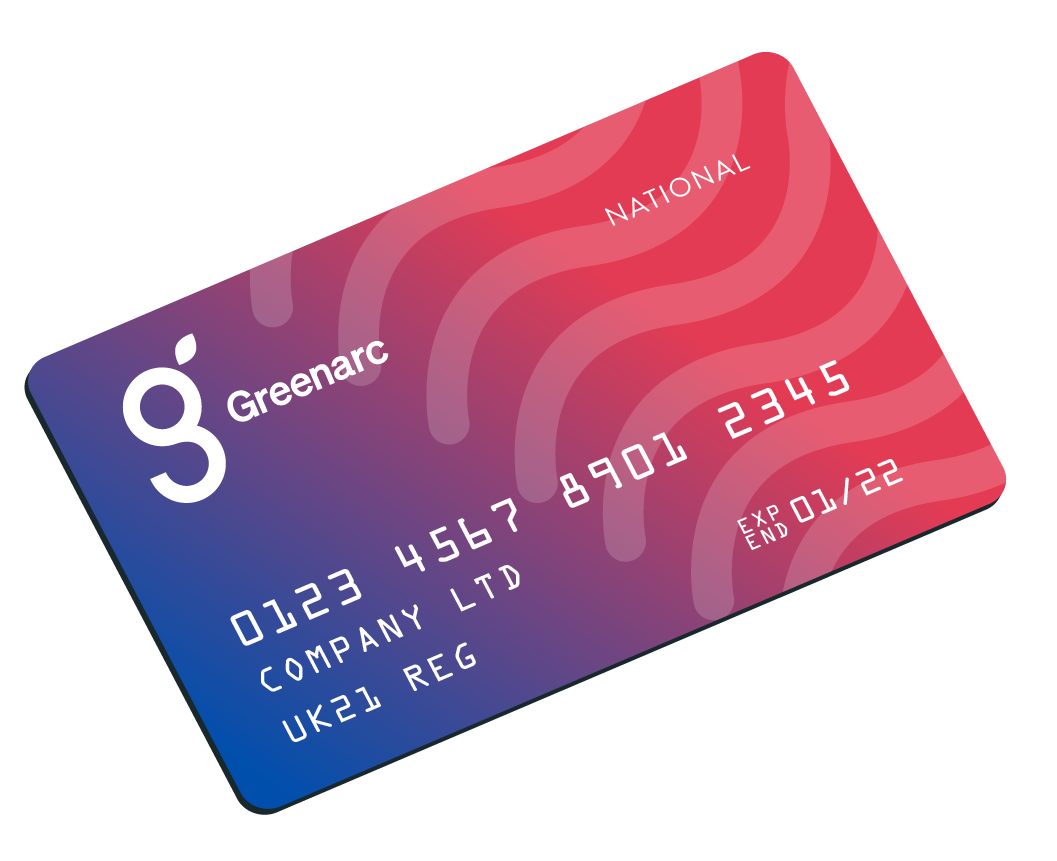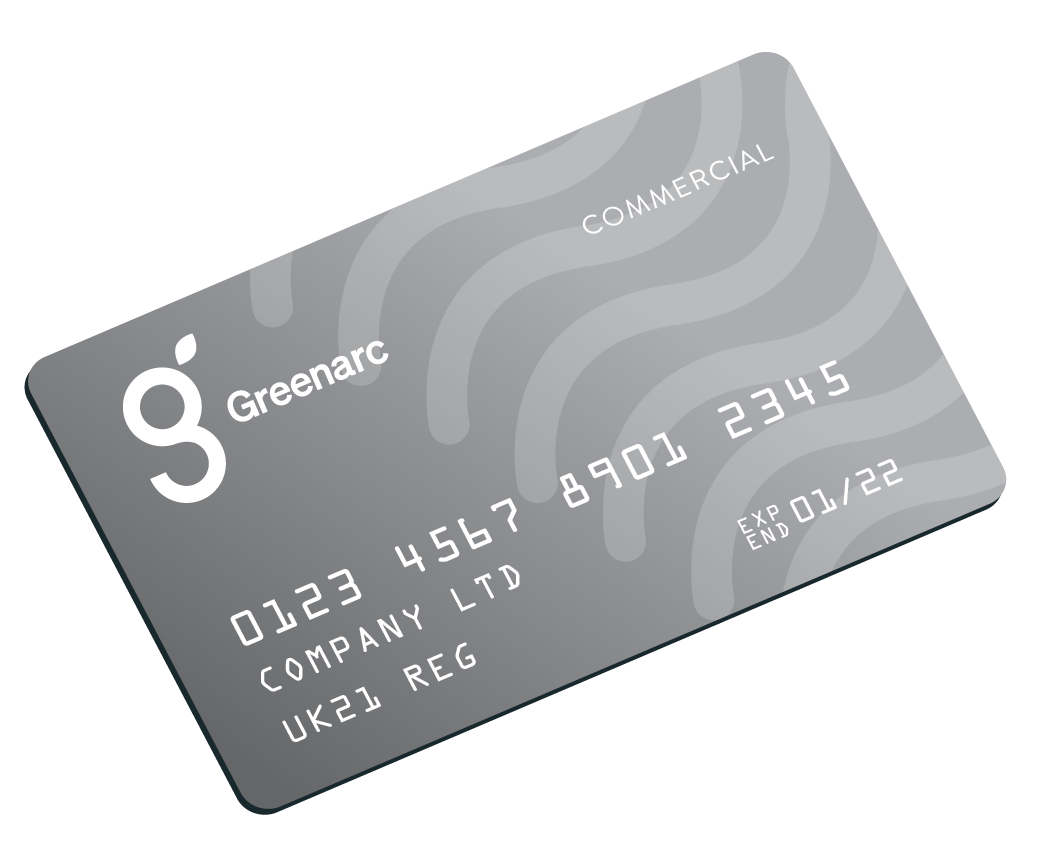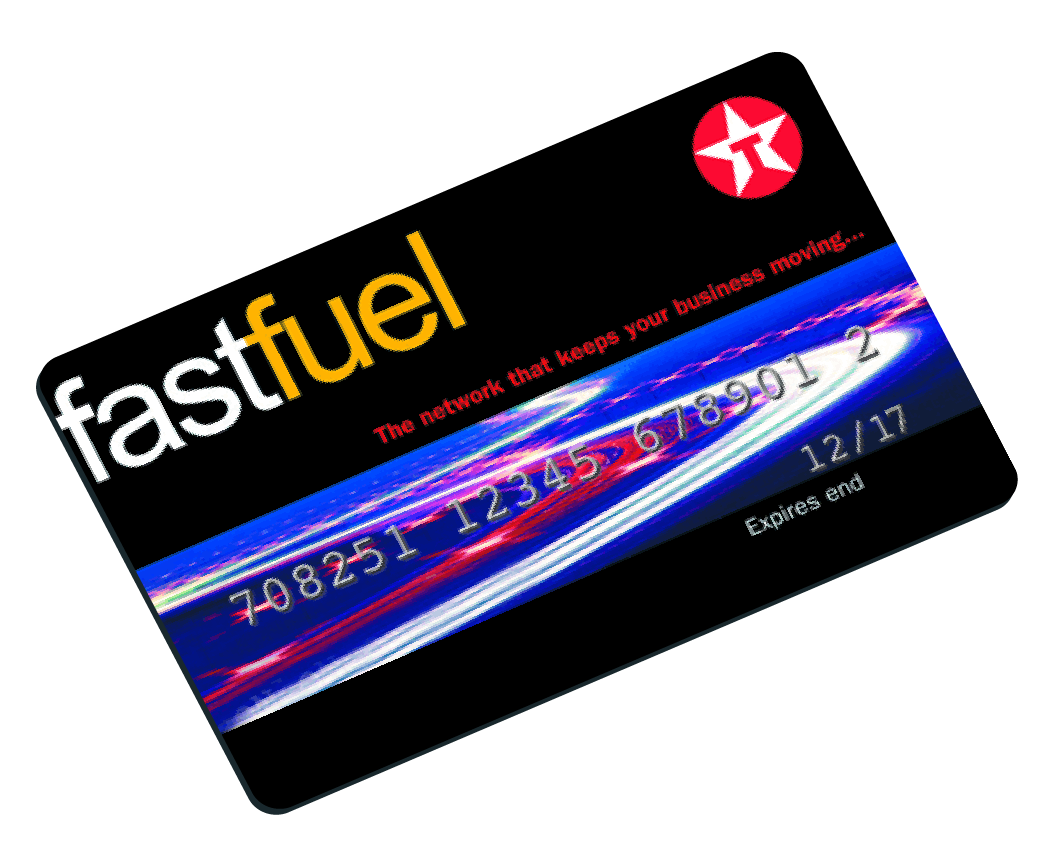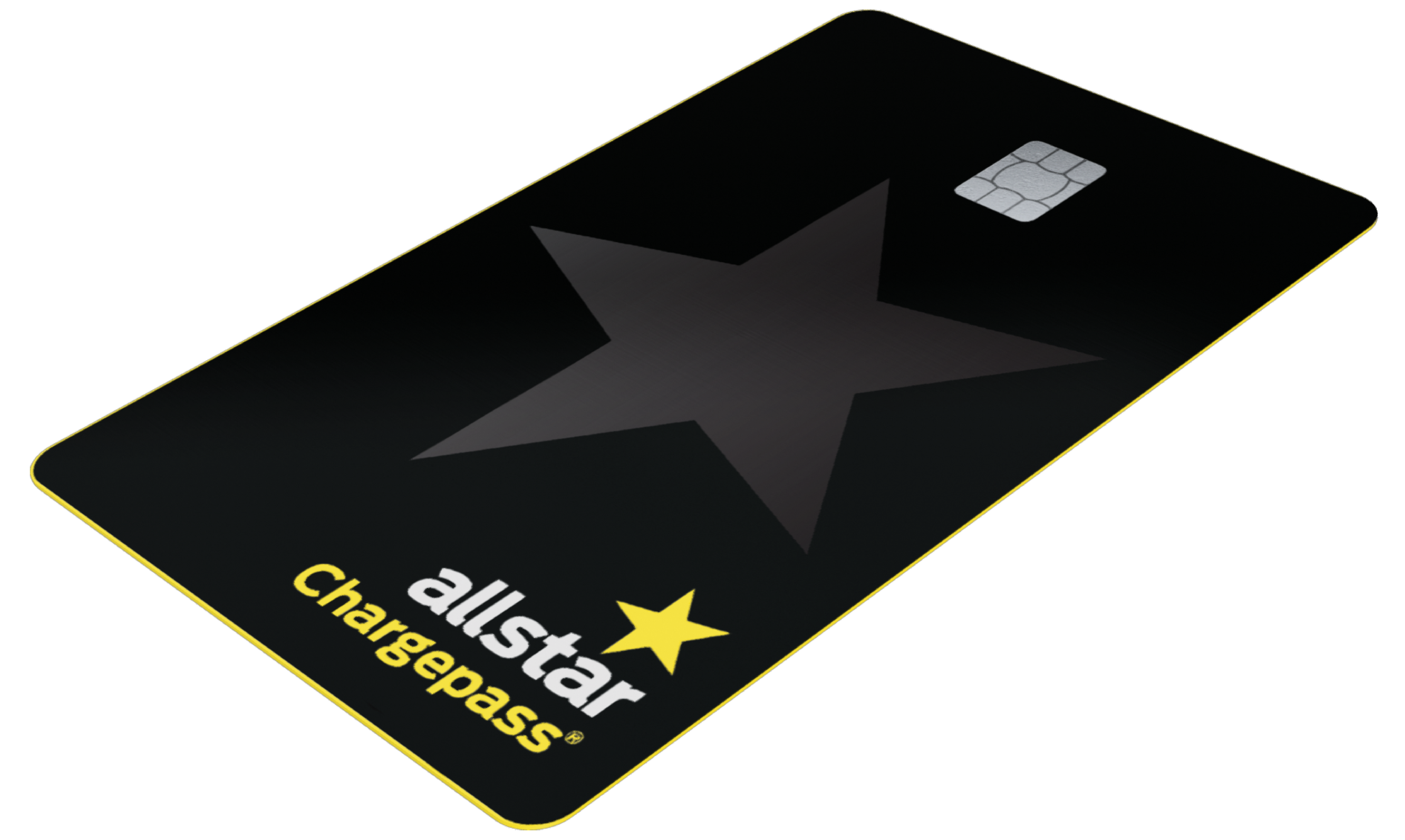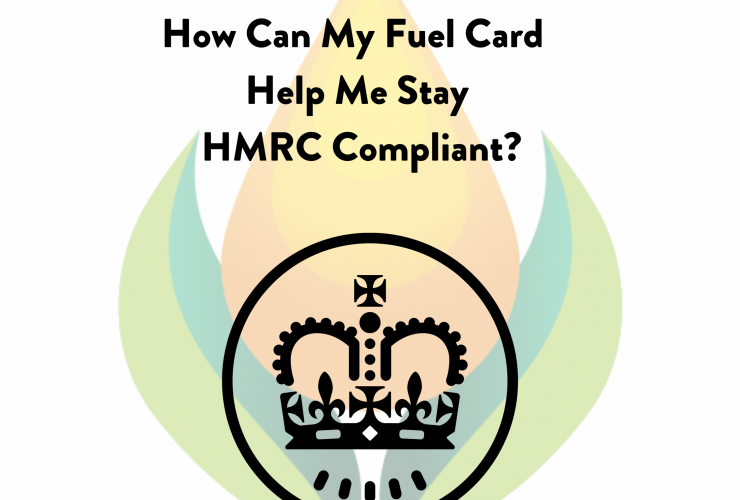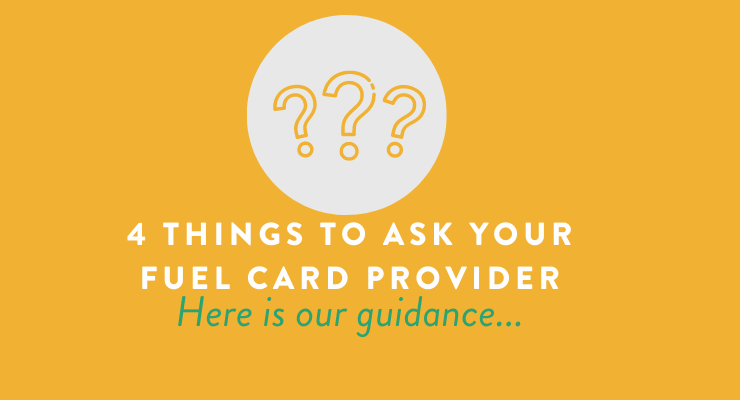Terms everyone who has a fuel card should know.
Like every industry, the fuel card sector has its own terms, acronyms and phrases. We aim to be transparent with how we communicate with our customers. These terms come as second nature to us but they may not be as clear for you. To help with this, we’ve created a list of terms so you can fully understand our jargon!
Take a look:
AdBlue:
AdBlue is a non-toxic liquid that helps some diesel engines release fewer harmful emissions into the atmosphere. It’s available at most fuel stations. Let us know if you’d like to start purchasing Adblue via your fuel card.
Bond:
We often offer customers the option to pay a ‘bond’. Particularly, if the business is newly established or has a low credit score. A bond is basically a security deposit from your business to ours. It’s held there as a deposit if you, if for whatever reason, the account is defaulted. This option stands just until we can reassess your credit score or you’ve submitted your annual financial accounts. (Your bond can be transferred back to you at any point. For example, if you’re closing your account with us.)
Bunker Price:
If we say ‘bunker price’ it’s the cost of a litre of fuel. We set our bunker price weekly, so no matter what your local fuel station is charging your fuel will stay at that fixed price for the week depending on the network you choose.
Bunkering:
We purchase diesel from our direct suppliers. We then let you use your fuel cards to access the stock via sites on your network.
CO2 Emissions (CO2e):
The name of the emission released into the atmosphere when you burn fuel from your vehicles. We often refer to CO2e when talking about our Carbon Offset Fuel Card scheme.
Cross-Acceptance:
Cross acceptance is when branded fuel cards like Esso can be used at other branded fuel stations such as: Shell.
DERV:
Is an acronym for ‘Diesel Engine Road Vehicle’ and refers to the white diesel that you fill up your fleet with. Sometimes this is also known as ULSD, Ultra Low Sulphur Diesel.
Fixed Weekly Pricing:
Each week we share with our customers a fixed weekly price. Many factors can affect it such as the wholesale market, supply issues, currency exchanges, world conflicts etc. However, it allows our customers to know exactly what they’ll be paying for that week, regardless of what the forecourts pump price states.
Forecourt:
Also known as petrol station, filling station or fuel site.
Fuel Card Limits:
We can set a limit on your business fuel cards. This could be: the volume of fuel that can be bought or the amount of money that can be spent.
Lubricants:
A lubricant oil for your vehicles engines. A necessary purchase which can be acquired from a filling station with your fuel cards.
PPL:
Short for “Pence per Litre”. This is how the price of fuel is communicated to customers.
Pump Price:
This is the fuel stations unique price which is often displayed on a road side pole sign and should always be displayed on the pump itself. With a fuel card, you pay the “PPL” price communicated to you the previous week, not the forecourts own price per litre.
Surcharge:
An additional charge or payment. Some sites (more commonly, some supermarkets) will charge an additional surcharge on top of our weekly fixed price. But don’t worry, at Greenarc Fuel Cards any surcharges will be explained when you apply!
Usage:
The volume of fuel you purchase via your fuel card.
VAT Approved:
An invoice which covers all the information on your VAT so that your account paperwork is easier to process reducing your own administration.
Got any other fuel card terms you don’t understand? Let us know and we can add it to the list… contact us.
